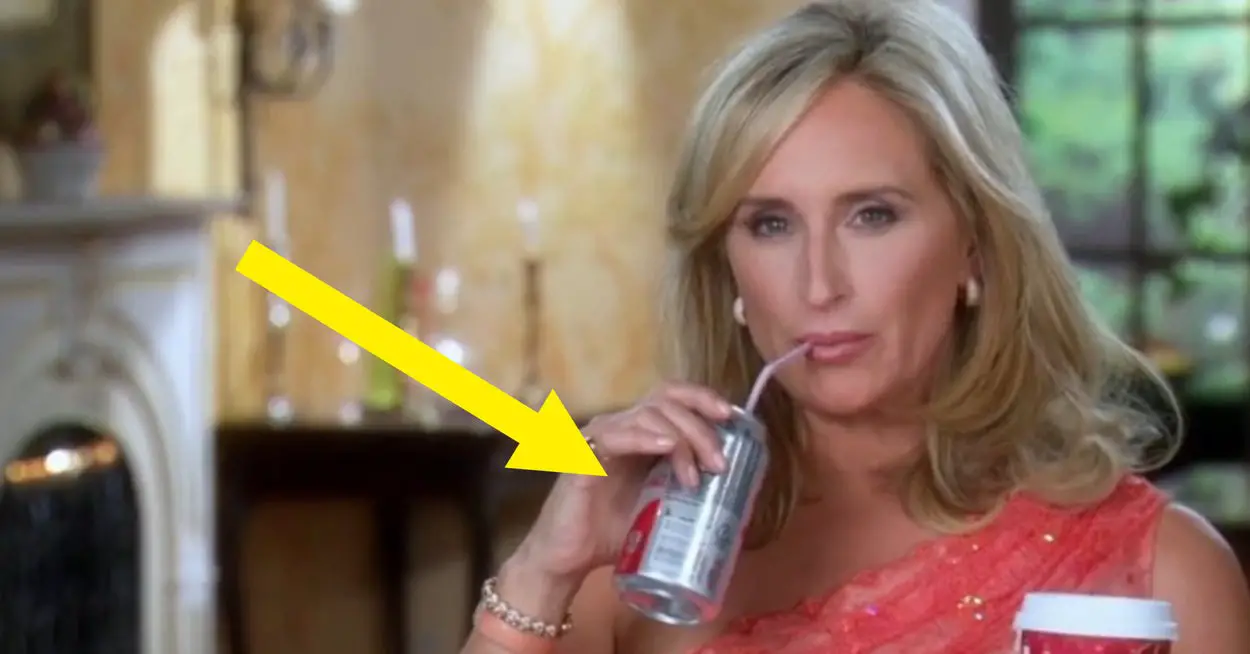Donations Make us online
Feeling inspired to cut back on your soda consumption now? When you’re trying to figure out what to replace it with, Angelone says it’s helpful to think about what it is you like about soda so much. Is it the caffeine boost? If so, a sparkling coffee or canned matcha could make a good replacement. (Just be sure to eye the ingredient list to make sure it doesn’t contain sugar or artificial sweeteners. Otherwise it defeats the point.) Is it the combination of sweetness and carbonation? Sparkling water with fruit or kombucha might be your new go-to. “Try making your own infused water and save money at the grocery store,” Angelone suggested. Cucumber and mint, blueberries and orange, and pomegranates are just a few options to try.
Angelone offers up one caveat for using other caffeinated drinks (like matcha or sparkling coffee) to replace your soda habit: Don’t do it if you’re experiencing headaches, which Angelone says are not unusual to get when you quit soda — or any other drink with caffeine in it, for that matter. To avoid getting headaches, she recommends cutting back on caffeine slowly. “Since caffeine is a stimulant, you need to be careful to avoid other beverages other than sodas that can contain caffeine or similar stimulants, like matcha, green tea, chocolate and mate,” she added.
If you’re used to drinking soda every day and then quit cold turkey, Angelone says you might feel more tired because you aren’t getting that hit of caffeine that you’re used to. “Eat regularly throughout the day to maintain energy and include between-meal snacks with protein and fiber-rich carbohydrates, like Greek yogurt and berries or nut butter and banana,” she said, adding that it’s also important to drink plenty of water. “This habit may help you feel more alert with more energy while avoiding afternoon slumps.”
Angelone emphasized that it’s important to replace your soda with something. “Since sodas are a source of both caffeine and fluid, it is important to be sure to replace the fluid with other liquids when cutting back on caffeine. Otherwise you may experience symptoms of dehydration, including fatigue, dizziness, irritability, dry skin and dry mouth,” she said.
Transitioning soda from an everyday drink to a “sometimes” drink isn’t easy, but making the switch will benefit your health both immediately and down the road.
This article originally appeared on HuffPost.
Source link



Leave a Reply